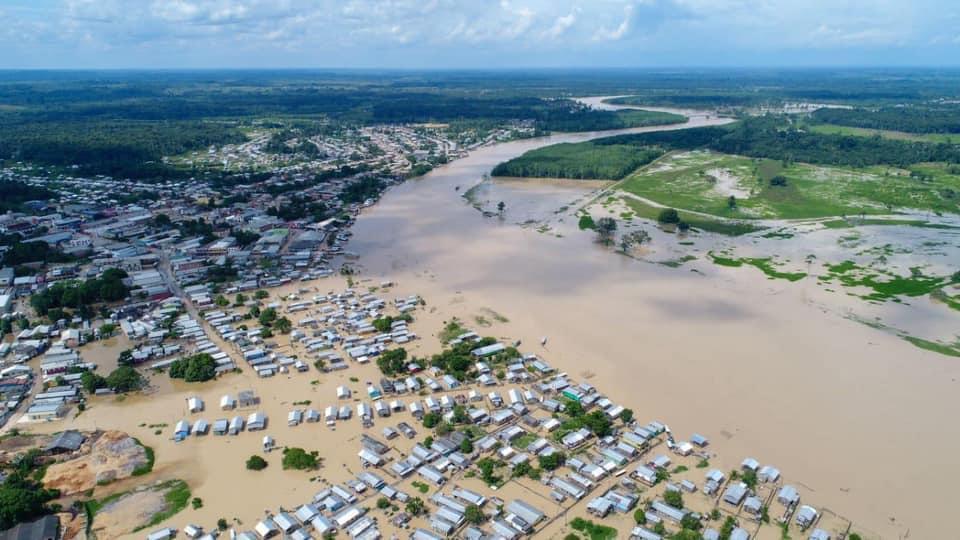Brazil’s lost opportunity on real engagement with future climate action
At Climate Summit, President Dilma Rousseff restated Brazil’s past and current actions, but said nothing about the future of the fight against climate change in Brazil.
At Climate Summit, President Dilma Rousseff restated Brazil’s past and current actions, but said nothing about the future of the fight against climate change in Brazil.
Climate Observatory, 9/23/2014
 The Climate Observatory regrets that Brazilian president, Dilma Rousseff has attended the Climate Summit in New York and avoided talking about future efforts to reduce Brazil’s emissions of greenhouse gases (GHG) after 2020. In her speech (in portuguese), Mrs. Rousseff gives no indication that Brazil will commit to ambitious reduction targets in the future.
The Climate Observatory regrets that Brazilian president, Dilma Rousseff has attended the Climate Summit in New York and avoided talking about future efforts to reduce Brazil’s emissions of greenhouse gases (GHG) after 2020. In her speech (in portuguese), Mrs. Rousseff gives no indication that Brazil will commit to ambitious reduction targets in the future.
The high level summit represents a key opportunity for the negotiation process on a new climate agreement. It gave us hope that the announcements made by global leaders would demonstrate the level of commitment of these countries on the future of the fight against climate change. Unfortunately, President Dilma repeated old speeches, saying what Brazil has done and what it is currently doing, wasting a great opportunity for Brazil to commit to a leading role in the international climate agenda.
Unfortunately, the Brazilian scenario is not as optimistic as the speech of Mrs. Rousseff’s tried to demonstrate. After a decade of steady decline in Amazon deforestation – which resulted in a considerable reduction in national emissions during this period – the destruction of the Amazon forests grew 29% between 2012 and 2013, and according to preliminary data a new increase in annual deforestation rate will persist from 2013 to2014. In addition, emissions from other sectors as energy production, transport, industrial processes, agriculture and solid waste, have systematically grown in recent years, what can undermine future efforts to reduce emissions in Brazil.
In recent years, Brazil has reduced the share of renewable sources in its energy matrix. Nowadays, 70% of the funds invested in energy sector in the country are being intended on fossil fuels. In the race to develop clean energy technologies, we are being left behind China, United States, Germany and several other nations.
The reality is this: Brazil’s emissions are growing in all sectors, while Brazil is the world’s 7th largest emitter. According to a study recently published in IOP Science, Brazil is already the 4th largest contributor to observed global warming, behind the United States, China and Russia only. Although Mrs. Rousseff have said that Brazil expects the new climate agreement to be universal, ambitious and legally binding, Brazil’s President leaves the Summit looking at the rearview mirror and refusing to look at reality and the future that lies ahead. And along her speech, a question was left in the air: when claiming that Brazil is a success in the pursuit of development coupled with climate action, she also said that, while Brazil don’t want to follow the path of developed nations which have grown their economies based on high emissions, the country will not give up the priority to reduce inequalities and improve the welfare of people. Is more than clear that the greatest risk to development and people’s welfare is the lack of ambitious climate action at global scale. This is a challenge for all nations, especially for the major emitters of greenhouse gases, as Brazil. Definitely, President Dilma did not meet Climate Observatory’s expectations.






